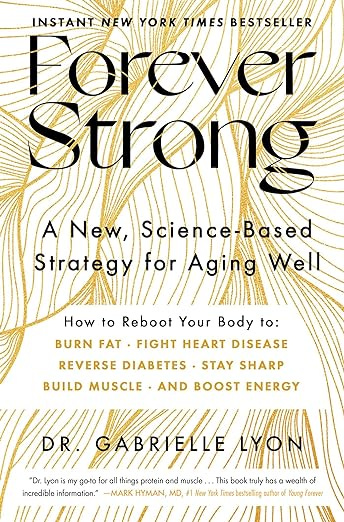Polymath Engineer Weekly #89
Garbage Collectors, Unikernels, Credit Cards, Data Harvesting, Tables, Exhausts and Muscles
Hello again.
Comic of the week
Links of the week
Garbage Collection for Systems Programmers
It’s just not true. It’s ideology. And I bought it for over a decade until I joined a team that builds systems—systems people bet their lives on—that provide sub-microsecond latency, using a garbage-collected language that allocates on nearly every line. It turns out modern GCs provide amazing throughput, and you don’t need to throw that out for manual memory management just because some of your system absolutely needs to run in n clock cycles.
Whilst unikernels were born out of the security domain and containers out of reproducibility (achieved through isolation), today, containers and unikernels still share a core principle: software encapsulation. Both create isolated environments for applications. Containers achieve this by sharing the host kernel but isolating the application’s processes, libraries, and files. Unikernels, on the other hand, go a step further. They bundle the application code with a minimal pre-configured kernel, eliminating the need for a full host kernel altogether.
Improving how credit cards work under the covers
Remember, we don’t care about PANs because they are account numbers. We care about them because they are presumptive evidence of an agreement by a customer and a business to establish a billing relationship. A token is much stronger evidence, because a) they can only be created by a real business actually operating the network machinery to talk to an issuer and b) they can be repudiated at will by a business, issuer, or (de facto) by a consumer, without consequence to other uses of the underlying account. You may have had the experience of having a card stolen and needing to get the bank to give you a new account number, and then spending hours informing companies about the new number. If a token gets repudiated, it is non-event for the customer, the bank, and every other organization in the world.
How Tech Giants Cut Corners to Harvest Data for A.I.
OpenAI was desperate for more data to develop its next-generation A.I. model, GPT-4. So employees discussed transcribing podcasts, audiobooks and YouTube videos, the people said. They talked about creating data from scratch with A.I. systems. They also considered buying start-ups that had collected large amounts of digital data.
OpenAI eventually made Whisper, the speech recognition tool, to transcribe YouTube videos and podcasts, six people said. But YouTube prohibits people from not only using its videos for “independent” applications, but also accessing its videos by “any automated means (such as robots, botnets or scrapers).”
OpenAI employees knew they were wading into a legal gray area, the people said, but believed that training A.I. with the videos was fair use. Mr. Brockman, OpenAI’s president, was listed in a research paper as a creator of Whisper. He personally helped gather YouTube videos and fed them into the technology, two people said.
The Design Philosophy of Great Tables
Tables emerged from square grids. When grids are made like this, you invariably generate containers that may hold some sort of information. The earliest known examples of grids go very far back in human history. Twenty-five thousand year old representations of the grid are found on the walls of the Lascaux and Niaux caves in France1.
Why Exhausts Make So Much Power😵
As critical as this Exhaust Systems are, its the most overlooked, commonly just pieced together with no method of operation and it can be the difference between power being lost or gained depending on the application. In this day and age you have the ability to have it all, all the sound, all the performance and all the comfortability configured into one system and In this video we will reveal the truths and falsehoods, myths and methodologies behind building the perfect exhaust for your vehicle
I have created a survey to get feedback from you. It takes only 2 minutes.
Book of the Week
Forever Strong: A New, Science-Based Strategy for Aging Well
Do you have any more links our community should read? Feel free to post them on the comments.
Have a nice week. 😉
Have you read last week's post? Check the archive.




